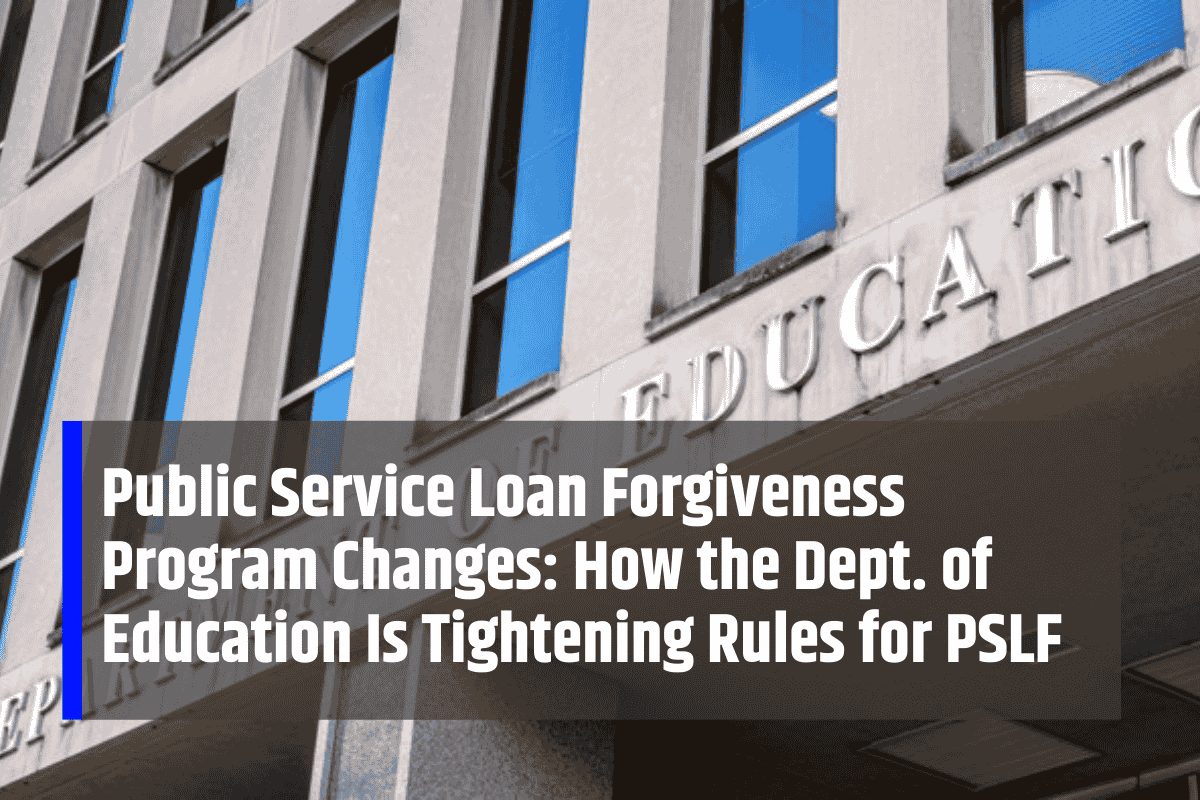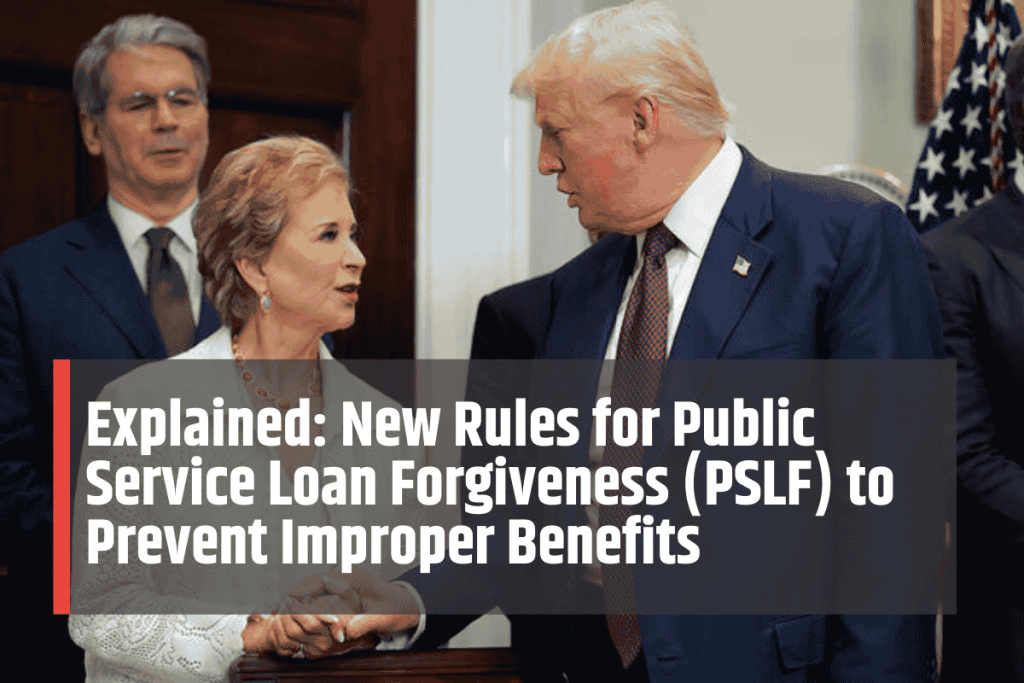The U.S. Department of Education has introduced sweeping adjustments to the Public Service Loan Forgiveness (PSLF) Program. These changes affect borrowers nationwide—from teachers in Detroit to nurses in Houston—requiring sharper documentation, stricter eligibility checks, and closer monitoring of qualifying payments. For many, the path to forgiveness now demands unprecedented precision.
Why the Rules Are Changing
The updates are part of the Department’s effort to preserve program integrity and curb misuse. With PSLF applications rising, officials argue that stricter standards ensure fairness. Yet the adjustments place new burdens on borrowers, compelling them to scrutinize every form, every payment, and every interaction with their loan servicer.
Tougher Scrutiny of Employment Certification
Employment verification has grown more exacting. Previously, small errors on employer forms often passed without issue. Now, discrepancies in job titles, dates, or employer names can derail applications. In Philadelphia, public employees juggling multiple roles must ensure their certification exactly matches payroll records—avoiding abbreviations, shortcuts, or even minor clerical mistakes.
Narrower Definition of Qualifying Payments
Qualifying payments are now limited to specific repayment plans, such as Income-Driven Repayment (IDR) or the 10-Year Standard Plan. Partial or late payments no longer count. A Los Angeles public defender, for example, risks losing credit if a payment falls even slightly short. Such precision has sparked widespread payment history audits.
Documentation Demands Intensify
Borrowers must now maintain robust records, extending beyond employment forms and payment histories. In Dallas and Phoenix, applicants are asked to submit pay stubs or employer statements when discrepancies appear. Meanwhile, random audits in cities like Boston and San Francisco have required additional documentation—even for cases previously approved for forgiveness.
Coast-to-Coast Impact
The new system is reshaping borrower behavior. Teachers in Cleveland, social workers in Phoenix, and police officers in Miami are all adopting proactive strategies. Many are now:
- Reviewing past payment records
- Double-checking employer certifications
- Confirming their repayment plans qualify
- Preparing for possible audits with organized documentation
Practical Strategies for Borrowers
Even under tighter rules, borrowers can stay on track by adopting disciplined approaches:
- Audit forms carefully. Ensure every detail is accurate. Some Kentucky agencies now require a second review before submission.
- Track payments consistently. In Seattle, educators flag discrepancies quickly to avoid surprises.
- Choose qualifying plans. Nashville borrowers are switching from graduated plans to IDR plans to protect eligibility.
- Keep records handy. San Antonio public employees retain at least two years of stubs and servicer communications.
- Seek expert help. Nonprofit clinics in Austin assist with form preparation and compliance training.
Why These Changes Matter
The Department argues these measures strengthen accountability and safeguard taxpayer dollars. By enforcing stricter standards, the government aims to ensure only eligible borrowers benefit. However, the reality is clear: success under PSLF now hinges less on intent and more on detailed, error-free compliance with evolving rules.
Treating PSLF as Compliance, Not Paperwork
Borrowers in Honolulu, Kansas City, and Omaha are learning to view PSLF as a compliance-driven process, not just routine paperwork. Attention to detail, persistence, and preparedness are becoming essential. Those who adopt this mindset stand the best chance of reaching loan forgiveness in the new regulatory environment.
Diligence as the New Currency
The PSLF program remains a lifeline for countless public servants. Yet in its new form, it rewards diligence above all else. By embracing meticulous recordkeeping, accurate certification, and proactive planning, borrowers across America can still achieve forgiveness—proving that persistence, even under tougher rules, leads to long-awaited relief.











Leave a Comment